Table of Contents
Understanding Tourism Marketing
What’s the secret to succeeding in a demanding and very crowded market when thousands of tourism businesses are competing for the attention of travelers? How can innovation help tourism companies differentiate from the competition and target customers with relevant products and services? What are the most effective ways to attract and engage customers in this saturated and fickle industry? Here’s our A – Z of marketing strategies for the tourism industry.

What is Tourism Marketing?
Tourism marketing refers to the many strategies, tactics, and ideas used by different parts of the industry, such as tour operators, hotels, and destinations, to promote their products and experiences. In a world where the consumer has hundreds of options, studying consumer behavior and trends is critical in developing effective marketing strategies for the tourism industry.
Key Strategies to Market Tourism
Identify the Target Market
Whether you are working with local tourists or travelers from abroad, identifying the target audience is the basis of any marketing campaign for the tourism industry. Every business should segment the market and send the right message to the right group of people to maximize the output of the campaign.
Utilize Artificial Intelligence
AI technology allows you to collect and analyze huge datasets to identify consumer patterns and preferences. Using such information, a company can tailor its marketing strategies to the tourism industry and send targeted messages to its potential customers.
Use Voice Search
Voice-enabled devices are gaining more popularity every day. To stay ahead in the game, optimizing the content for voice search should be at the top of the list for travel marketers. There is a difference in how consumers are searching for travel information using voice commands. Travel marketers should keep in mind what kind of questions they want to rank for and optimize the content accordingly.
Implement Chatbots for Always-On Service
Offering 24/7 customer support using chatbots not only adds value to the overall travel experience but also leads to higher customer satisfaction. Using AI-powered chatbots, you can answer questions, make recommendations, and book hotels on behalf of customers in real time.
Personalize Marketing Messages
Speaking of personalization, customer data holds the key to creating highly effective marketing messages that boost engagement and encourage brand loyalty. By using data to tailor marketing communications to individual preferences and behaviors, travel brands can forge meaningful connections with their audience.
Explore Virtual Reality Tours
Immersive experiences give consumers the chance to break boundaries and travel to destinations before they book. For example, virtual reality hotel tours let customers explore rooms and facilities 360 degrees before they decide to reserve a stay.
Curate Unique Customer Experiences
Creating memorable moments helps attract and retain customers in the highly competitive tourism industry. From personalized services and exclusive experiences to unique adventures and breathtaking views, there are numerous ways travel brands can cut through the noise of the marketplace and stand out from the competition to leave a lasting impression on travelers.
Optimize SEO Content Marketing
SEO content marketing makes businesses visible and attracts organic traffic to business websites. Through strategic targeting of keywords, informative blogs, and optimization of website content, businesses will be in a better position to augment their presence on the Internet and attract more visitors.
Leverage Influencer Marketing
Influencer collaboration helps businesses reach out to a greater audience and be perceived as credible within the travel community. Therefore, influencer partnerships with those whose values are relevant to the company and target demographics amplify the effort and engagement of business marketing strategies for the tourism industry.
Encourage User-Generated Content
Reviews, testimonials, and social media posts bring forth authenticity and credibility to the brand. If it can be done by getting customers to share their experiences and opinions, it may just translate into word-of-mouth marketing and establish them as destinations.
Tourism Marketing Strategies for Tour and Activity Providers
Understanding Your Customers
To effectively market tour and activity services, businesses must first understand their target customers’ demographics, motivations, and booking preferences. By creating detailed customer personas, businesses can tailor their branding, website, and marketing strategies for the tourism industry to resonate with their ideal audience segments.
Boosting Your Website
A well-designed and user-friendly website is essential for attracting and converting potential customers. By regularly optimizing website content, improving navigation, and enhancing user experience, businesses can increase engagement and drive bookings.
Focus on Mobile
With an increasing number of travelers using smartphones to research and book their trips, optimizing for mobile is critical for success. By ensuring that their websites are mobile-friendly and offering seamless booking experiences, businesses can capitalize on the growing trend of mobile travel bookings.
Having Social Contact
Social media platforms offer valuable opportunities for tour and activity providers to connect with their target audience and showcase their offerings. By choosing the right platforms, developing a comprehensive social media strategy, and engaging with followers through compelling content, businesses can increase brand awareness and drive traffic to their websites.
Live Video for marketing strategies for the tourism industry
Live streaming videos have emerged as a powerful marketing tool for tour and activity providers, allowing them to showcase their experiences in real time. By leveraging live video platforms, such as Facebook Live and Instagram Live, businesses can engage with their audience, build excitement, and drive bookings.
Sending Emails
Building an active email list and implementing email marketing campaigns are effective ways to nurture relationships with potential and existing customers. By sending personalized emails, offering exclusive deals, and providing valuable content, businesses can encourage repeat bookings and drive revenue.
Take Online Bookings
With the growing popularity of online travel booking platforms, offering online booking options is essential for tour and activity providers. By integrating online booking systems into their websites, such as Regiondo, businesses can streamline the booking process, increase convenience for customers, and boost revenue.
Use Reviews to Your Advantage
Online reviews play a significant role in influencing travelers’ purchasing decisions. By actively monitoring and responding to reviews on platforms like Yelp, TripAdvisor, and Google Local, businesses can build credibility, improve their online reputation, and attract more customers.
Regular Blogging
Maintaining a blog allows tour and activity providers to share valuable insights, stories, and destination guides with their audience. By consistently publishing informative and engaging content, businesses can establish themselves as industry experts, drive website traffic, and attract potential customers.
Achieve Proper SEO
SEO is critical for tour and activity providers to improve their visibility and attract organic traffic. By optimizing website content, targeting relevant keywords, and monitoring SEO performance, businesses can increase their chances of appearing higher in search engine results.
Establish and Enhance Your Listing on “Google My Business”
Google My Business (GMB) is a powerful tool for local businesses to manage their online presence and attract customers. By claiming and optimizing their GMB listing, businesses can improve their visibility in Google Search and Google Maps, respond to customer reviews, and gain valuable insights into customer behavior.
Put Experience First
Incorporating experiential marketing tactics allows tour and activity providers to engage with customers on a deeper level and create memorable experiences. By offering interactive activities, immersive tours, and unique encounters, businesses can differentiate themselves from competitors and leave a lasting impression on travelers.
Communicate with Little Influencers
Partnering with micro-influencers who specialize in niche travel segments can help tour and activity providers reach targeted audiences and drive conversions. By collaborating with influencers who share their brand values and have a loyal following, businesses can increase brand awareness, credibility, and bookings.
Establish, Track, and Improve Your Goals
As tour and activity providers implement marketing strategies for the tourism industry, it’s essential to set clear goals, monitor performance metrics, and make adjustments as needed. By regularly analyzing customer feedback, tracking key performance indicators, and optimizing marketing efforts, businesses can maximize their ROI and stay ahead of the competition.

Conclusion
Success in the active and very competitive tourism industry requires good marketing strategies for the tourism industry. By understanding consumer behavior, leveraging technology, and delivering exceptional experiences, a business can attract and retain customers, generate bookings, and deliver business results. Embracing innovation and adaptability to changing trends will surely propel tour and activity providers to succeed in the ever-changing landscape and continue to delight travelers around the world.


